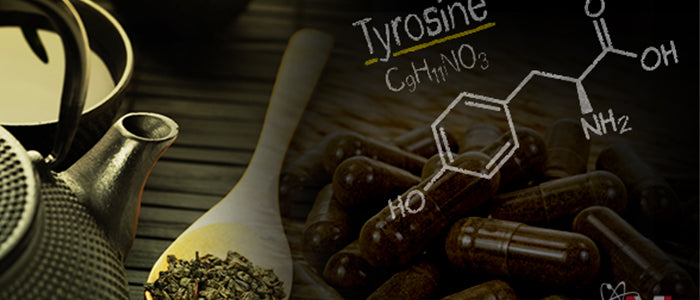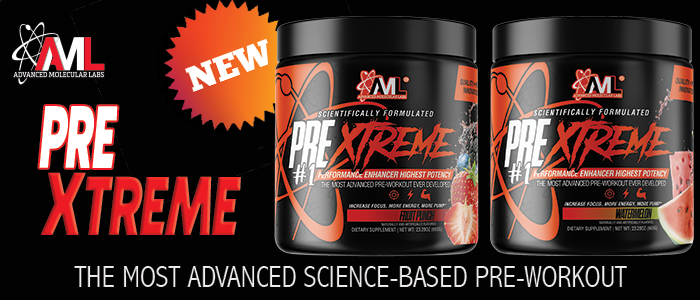


Supplement Reseach Update | Green Tea & Tyrosine
Green Tea Extract Toxic to the Liver
Epigallocatechin gallate (EGCG) is a polyphenol found in green tea extract that enhances the action of insulin, improves blood vessel health, lowers blood pressure and promotes weight loss. However, a study on mice from China and Rutgers University found that EGCG was toxic to the liver by reducing important antioxidants that protect it from free radical damage. Free radicals are highly reactive chemicals linked to cell membrane damage, destruction of DNA and cell death. Bodybuilders should be extremely careful about taking supplements that affect individual performance or physiological variables. While they might improve performance, they could also have serious side effects.
Genes Influence Toxicity of Green Tea Extract
Animal studies have shown that the active chemical in green tea extract, epigallocatechin gallate (EGCG), is toxic to the liver at high doses. Green tea is a wildly successful human supplement used for weight loss and boosting energy levels. Rachel Church from the Institute for Drug Safety Sciences in Durham, North Carolina and colleagues, in a study on mice, found that genetics influence individual differences in liver toxicity experience by the animals. Some animals are genetically more predisposed to liver toxicity from taking green tea than others. This finding is an important lesson to athletes taking drugs and supplements— they affect people differently depending upon their individual genetics.
Tyrosine Increases Mental Function During Heat Exposure
Several months ago, we reported studies showing that supplementing the amino acid tyrosine improved concentration. Tyrosine is a precursor to dopamine, a brain chemical that controls thought processes. A study from the United Kingdom showed that tyrosine supplements improved mental effort and vigilance in soccer players subjected to a 90-minute simulated match in the heat. Many researchers believe that central nervous system fatigue is an important reason that performance decreases in athletes during prolonged exercise. Tyrosine may improve mental function during intense training and competition.
References:
1. (Toxicology and Applied Pharmacology, 283: 65-74, 2015)
2. (Food and Chemical Toxicology, 75:19-26, 2015)
3. (European Journal of Applied Physiology, 115: 373-386, 2015)




